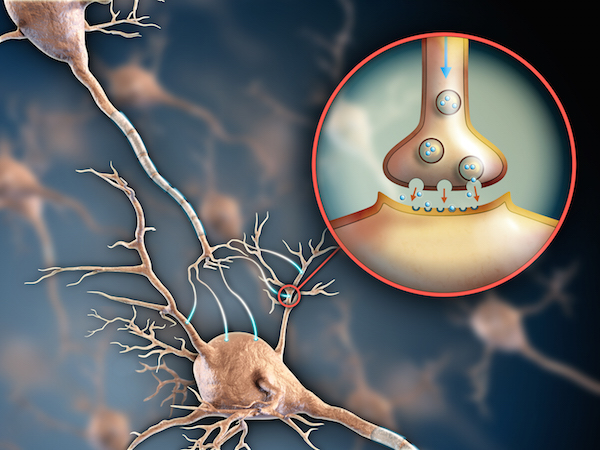
FRIDAY, Feb. 24 (HealthDay News) — A new study finds that people with prediabetes are no more likely to have a type of nerve damage called small fiber polyneuropathy than healthy people, a finding that contradicts two decades of medical reports.
The Mayo Clinic researchers said the results from their five-year study of 550 people suggest that doctors should look for causes other than prediabetes in patients with painful small fiber polyneuropathy.
Prediabetes, also called borderline diabetes, is higher than normal blood sugar levels, but not high enough to be considered diabetes.
“It is highly unlikely that impaired glucose or associated metabolic derangements cause polyneuropathy, at least not to the high frequency previously reported,” lead author and neurologist Dr. Peter Dyck said in a Mayo news release.
The study was published in the February issue of the journal Diabetes Care.
Diabetic polyneuropathies can damage nerve fibers throughout the body, but usually affect the feet and legs. This painful and potentially life-threatening nerve damage can lead to problems with sensation, movement and bodily function.
Due to the risk of complications from overtreatment, doctors should not treat prediabetes if their intention is to prevent the development of diabetic polyneuropathy, the researchers said.
More information
The American Academy of Family Physicians has more about prediabetes.

